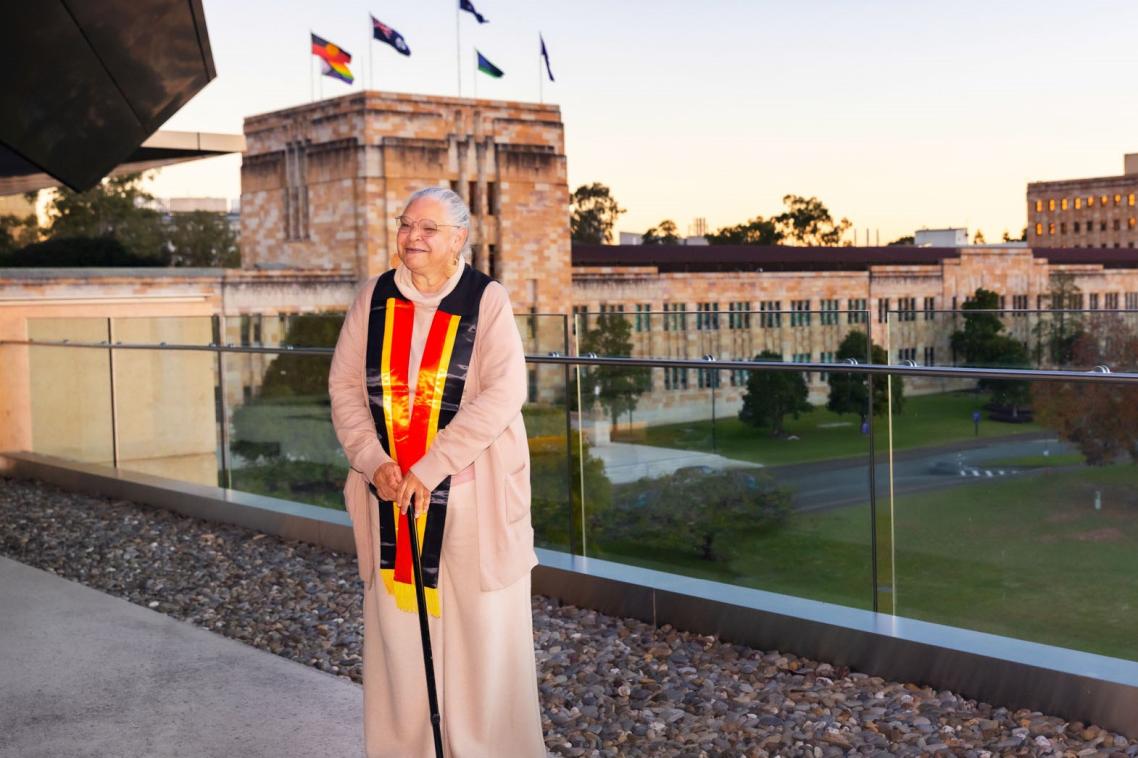High school students show understanding of laws for wars
A team from Brisbane State High School has been judged the winner of the 2013 Red Cross High School International Humanitarian Law Competition.
High School students Ella Buys and Selina Wyssusek defeated the Anglican Church Grammar School and another Brisbane State High School team in the competition final at Brisbane’s Federal Court on 3 June.
The winners were presented with a trophy and cinema vouchers donated by The University of Queensland Law School.
Competition organiser, Eve Massingham, International Humanitarian Law Officer with Australian Red Cross, says the annual contest encourages greater understanding of International Humanitarian Law (IHL).
“The Red Cross is responsible for increasing awareness within the community about international humanitarian law and by engaging with high school students we are harnessing a unique opportunity to ensure that the next generation understands that even wars have laws,” Ms Massingham said.
To take part in the competition high school teams must submit a written, audio or audio-visual response to a question about the protection of civilians in armed conflict.
Three teams are then selected to orally present their responses to a judging panel and answer questions on their presentations.
Miss Buys and Miss Wyssusek impressed this year’s panel - The Hon. Justice John Logan, His Hon Judge Michael Burnett and Catherine Drummond - with a submission to the Bench based on a hypothetical case scenario involving the use of missile carrying unmanned aerial vehicles or ‘drones.’
“The teams grappled with a very complex, and live, issue of drone strikes, in a very sophisticated manner,” Ms Massingham said.
“The winning team demonstrated a particularly nuanced understanding of the key principles of international humanitarian law – in particular the principle of proportionality.”
IHL is the set of rules, which seek, for humanitarian reasons, to limit the effects of armed conflict.
It protects persons who are not, or are no longer, participating in the hostilities, restricts the means and methods of warfare and provides the legal basis for assistance and protection carried out by organisations such as Red Cross.
Media: Eve Massingham, International Humanitarian Law Officer, Australian Red Cross (07) 3367 7290, emassingham@redcross.org.au or Melissa Reynolds, School of Law (07) 3365 2523, m.reynolds@law.uq.edu.au
Topics
Related articles

Medicinal cannabis is big business. But the latest clampdown won’t curb unsafe prescribing

Finding a “little language family”
Media contact
UQ Communications
communications@uq.edu.au
+61 429 056 139
